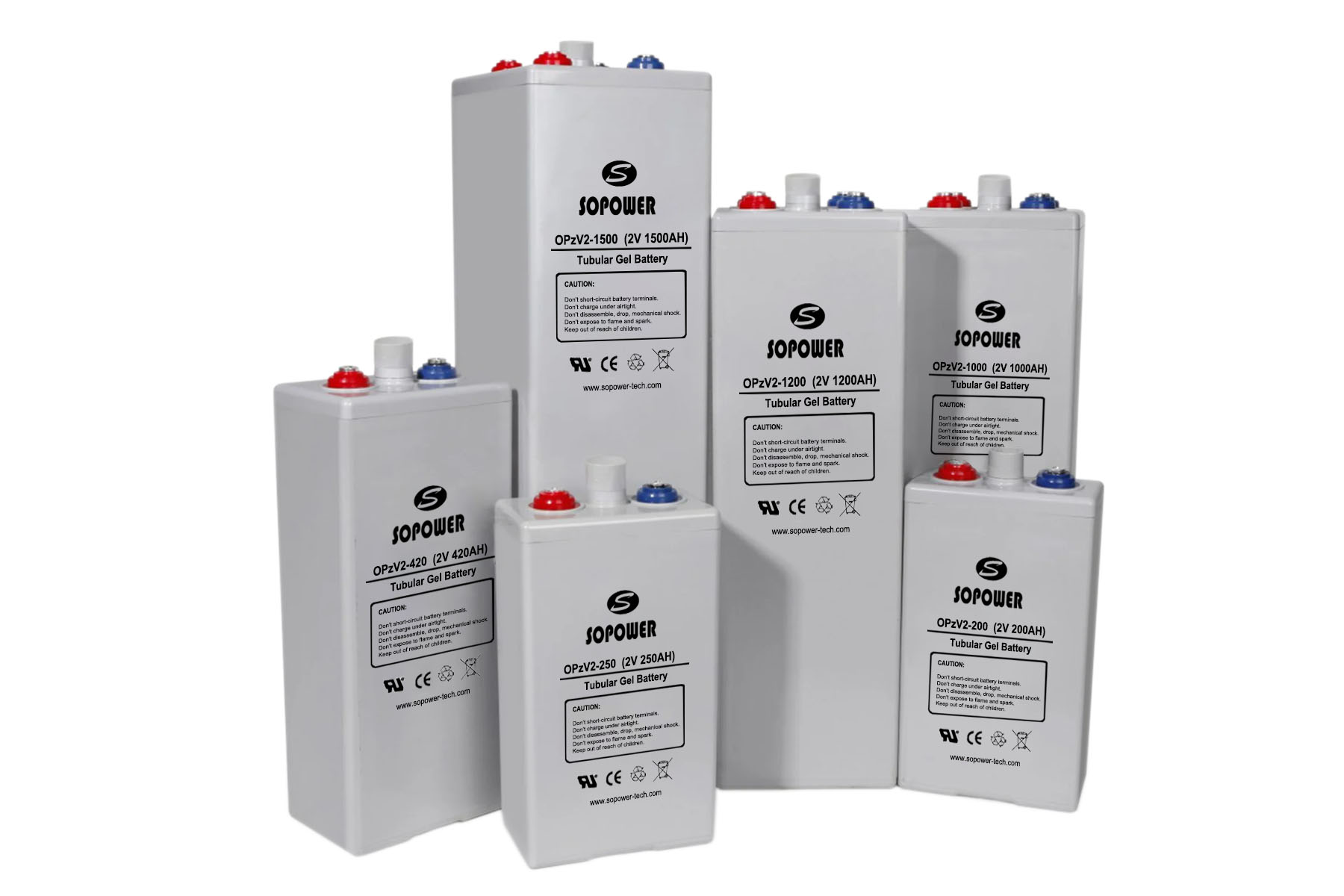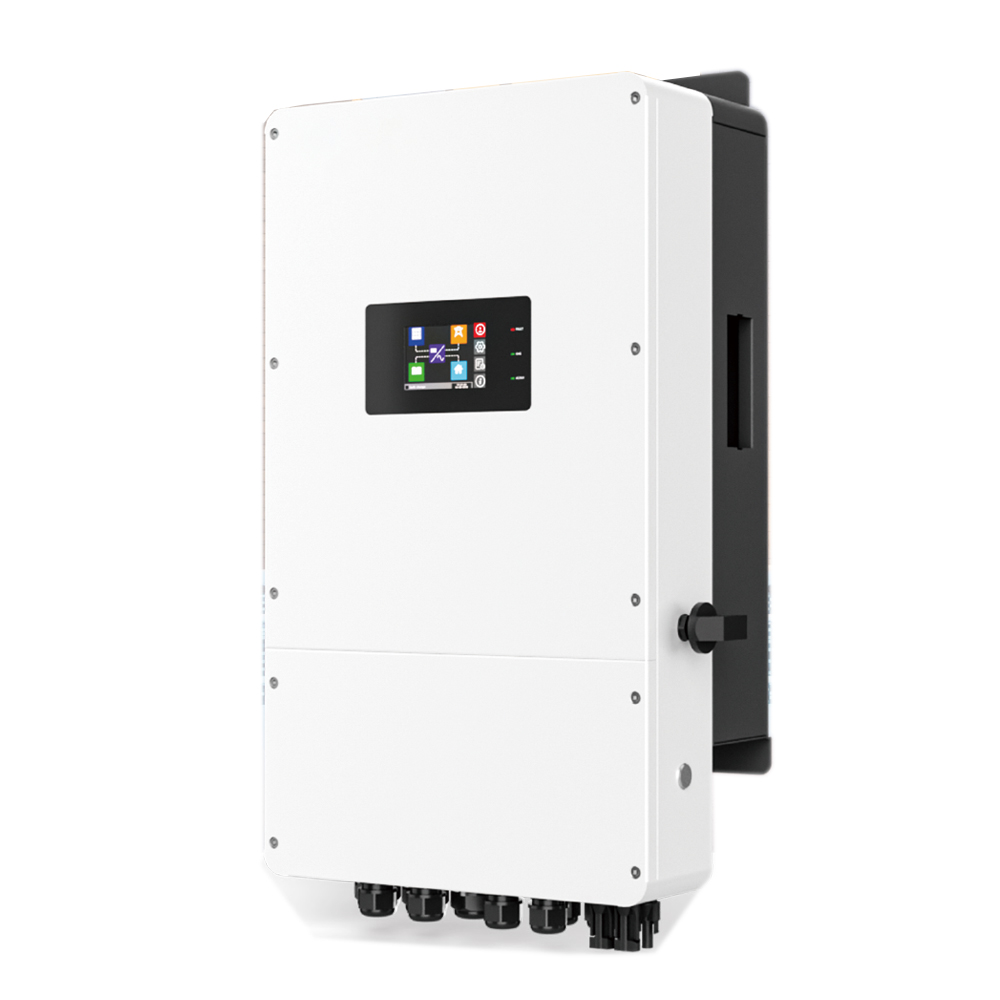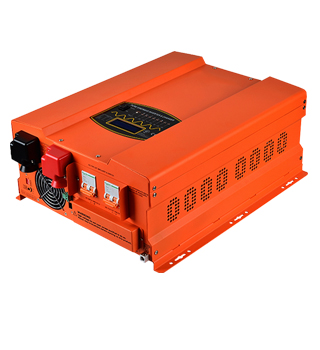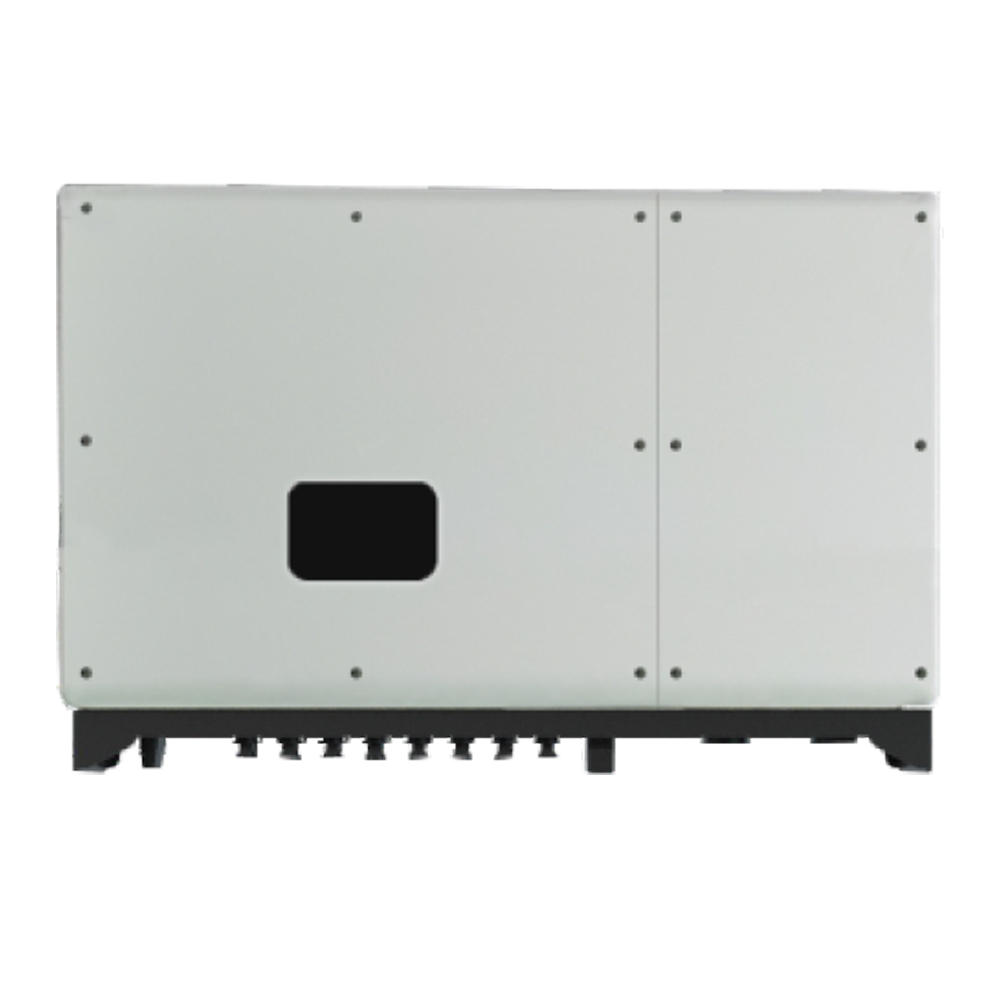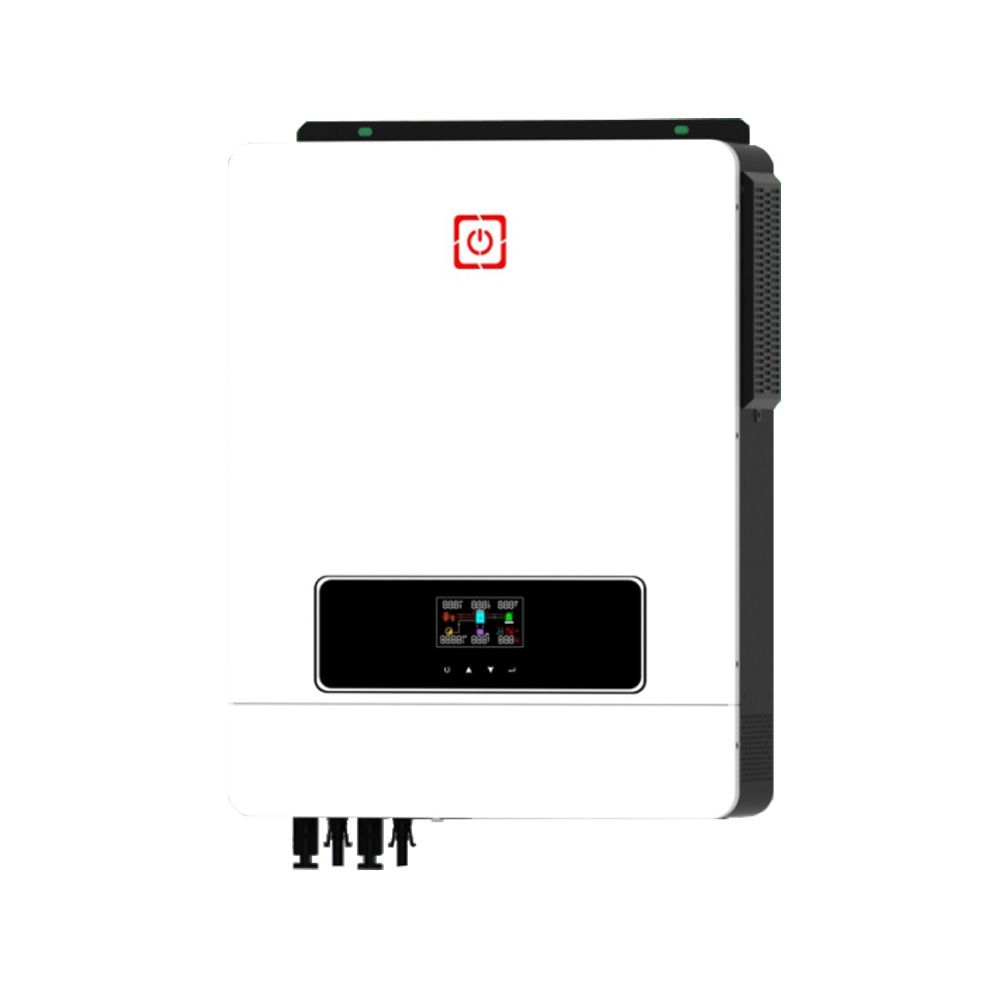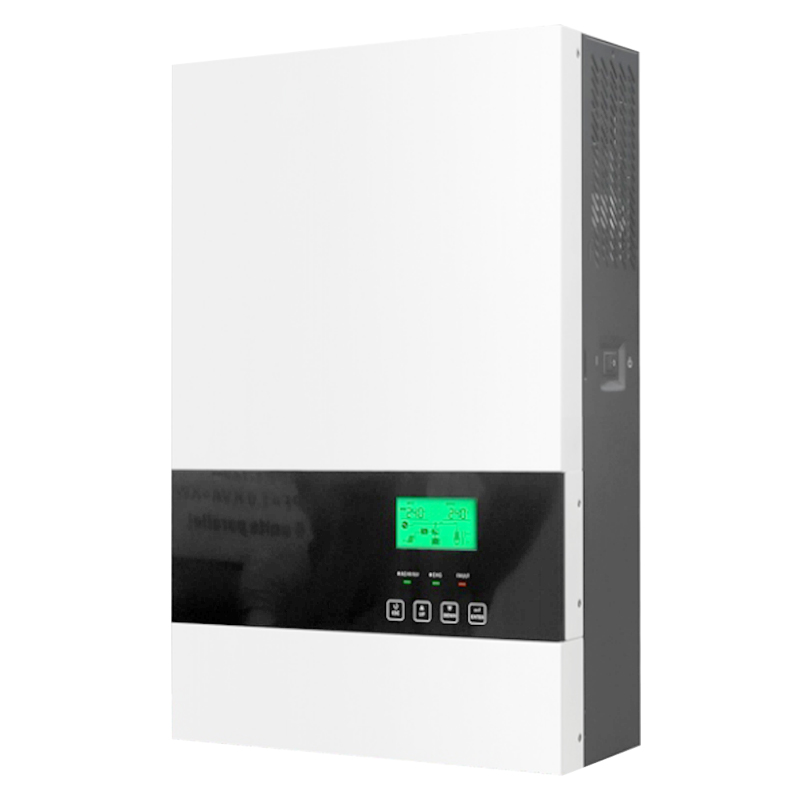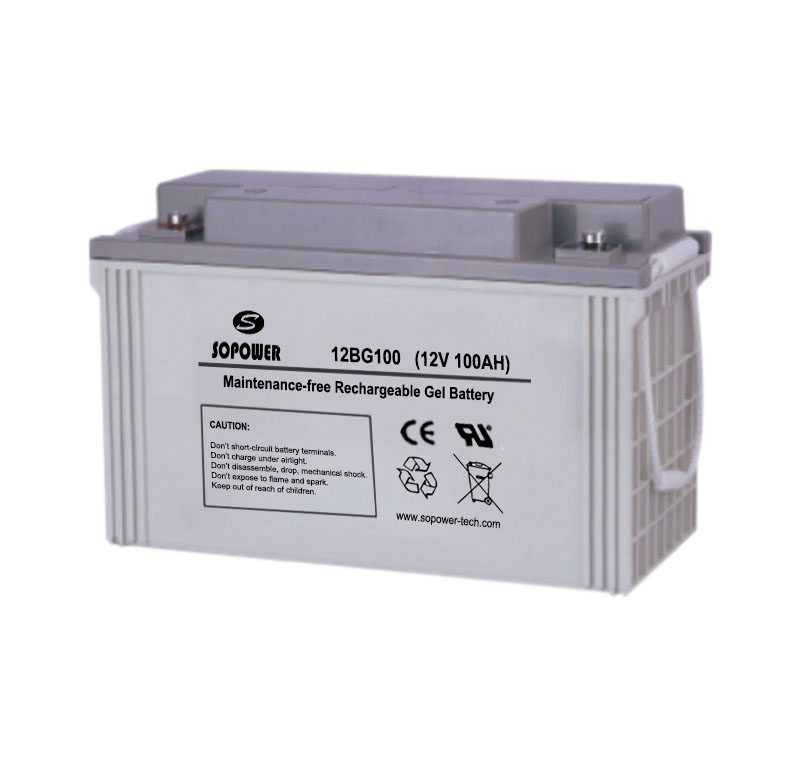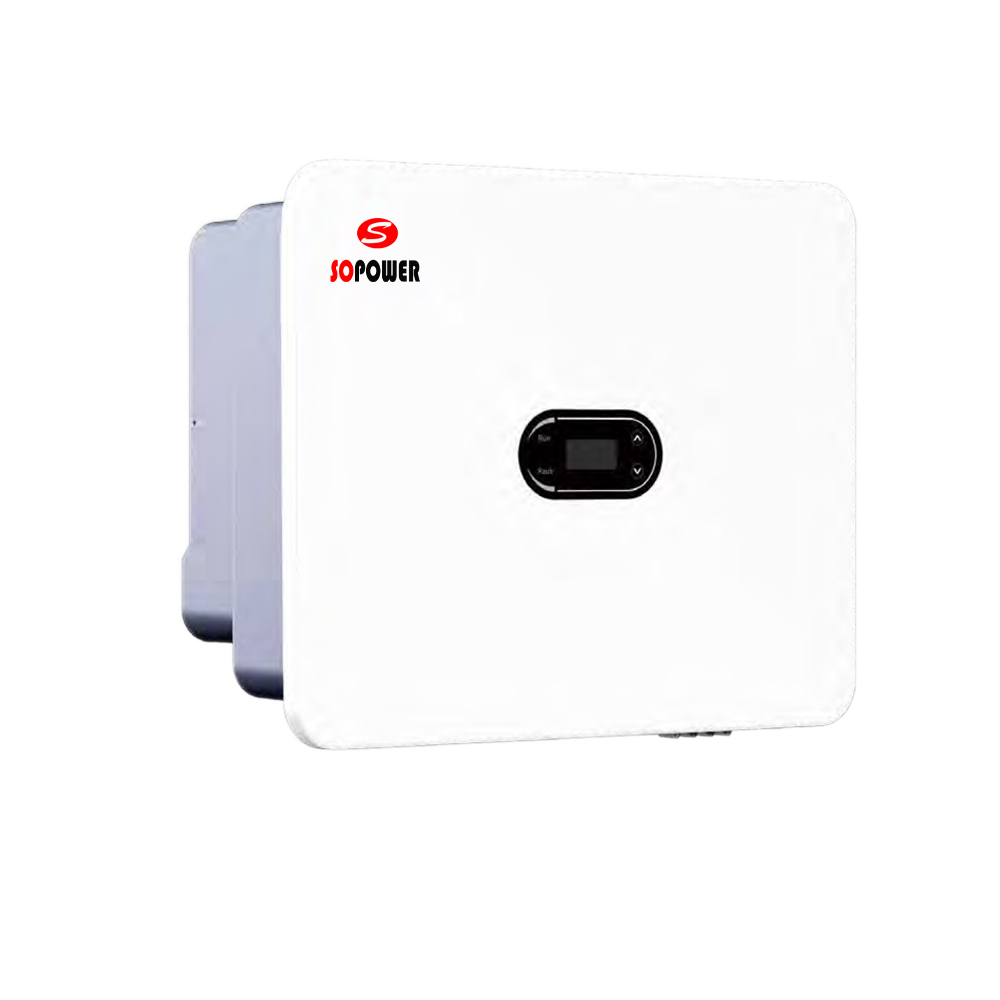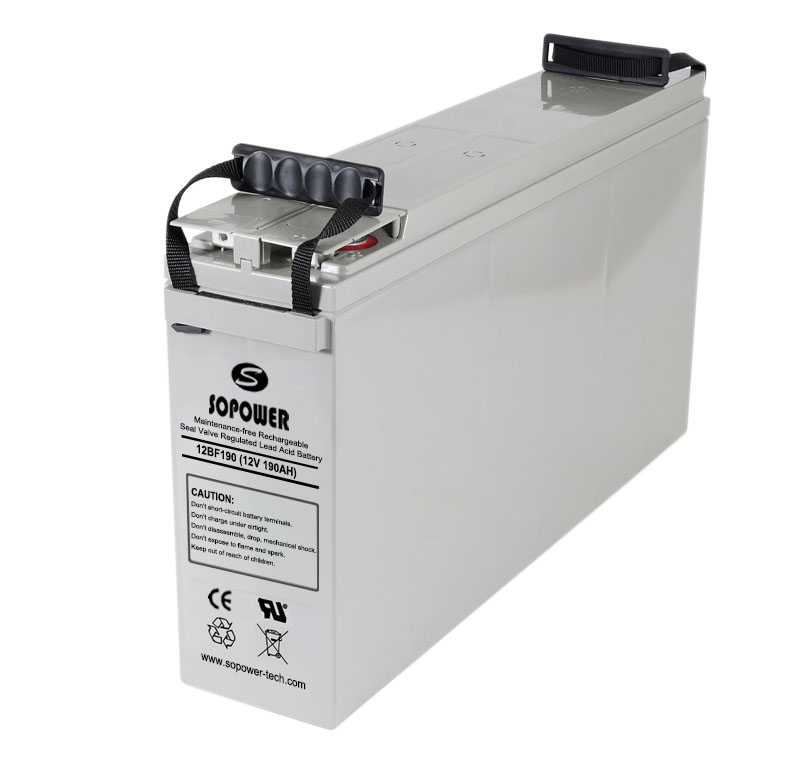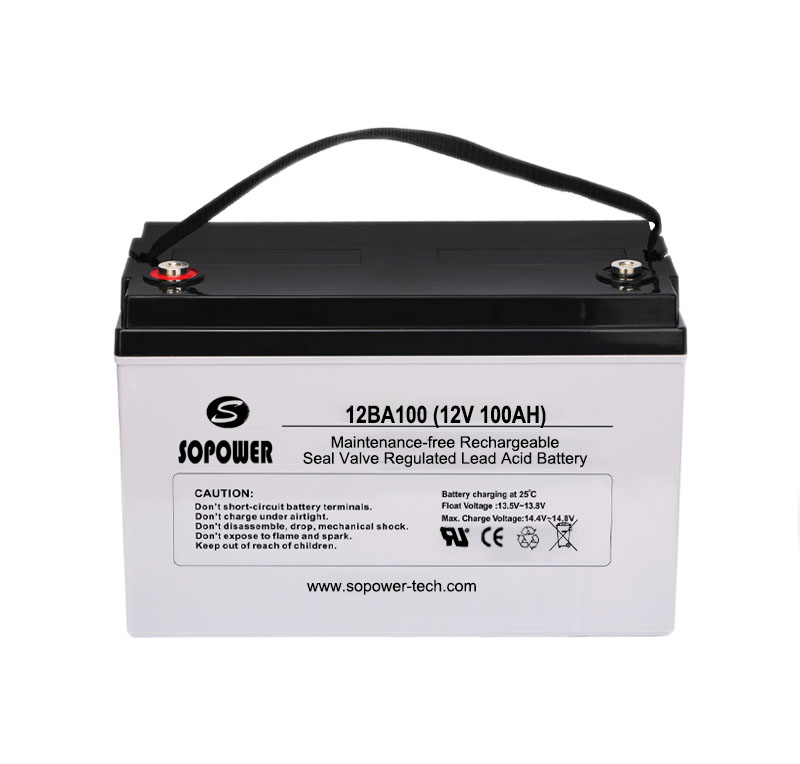Source: PV-Tech Date: November 2nd, 2018
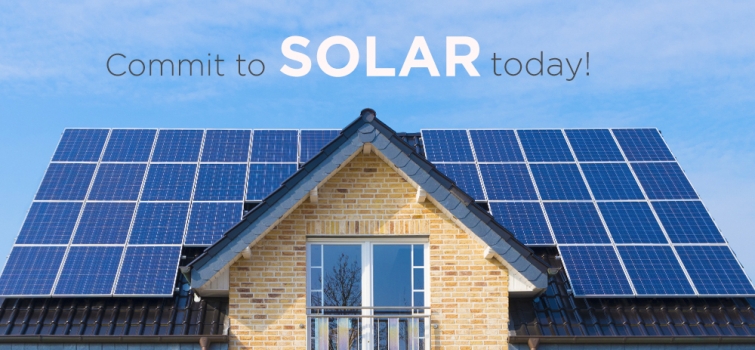
The new decree, which regulates the law for DG promulgated at the end of 2017, is intended to support distributed generation of renewable energy sources under net metering. The fund for DG, though, has shrunk by half in value thanks to currency depreciation.
Argentina’s government has published the new rules (Decreto 896/2018) to regulate the law for distributed generation that was promulgated at the end of last year – Ley 27.424.
The secondary legislation was necessary to make clear how the fiscal and financial incentives of the scheme will be used.
The decree establishes, among other things, that distributed generation for self-consumption will be supported through the sale of excess power under a net metering mechanism, and that power providers will be compelled to buy such power from renewable energy electricity generators.
Under the new rules, a Fund for the Distributed Generation of Renewable Energies of approximately ARS500 million ($14 million) will be created, to help homeowners and small and medium-sized enterprises with financing. The size of the fund, however, has been crippled by the depreciation of the peso since the law was promulgated, with the Argentine currency having lost around half its value against the dollar this year, the unchanged ARS500 million figure having been worth around $28.7 million when the law was drawn up.
The Argentinian provinces will now have to give formal approval to the legislation.
The country’s law for distributed generation states users who intend to install systems with a capacity larger than necessary for their electricity needs must seek authorization from the power distributor.
Finally, all construction projects for public buildings must use distributed generation from renewable sources; and distribution companies may not add additional charges for network maintenance and use, electric backup, or any other type of fee associated with the installation of distributed generation systems.

